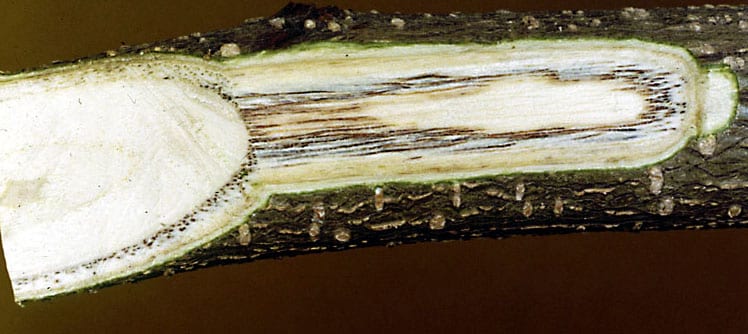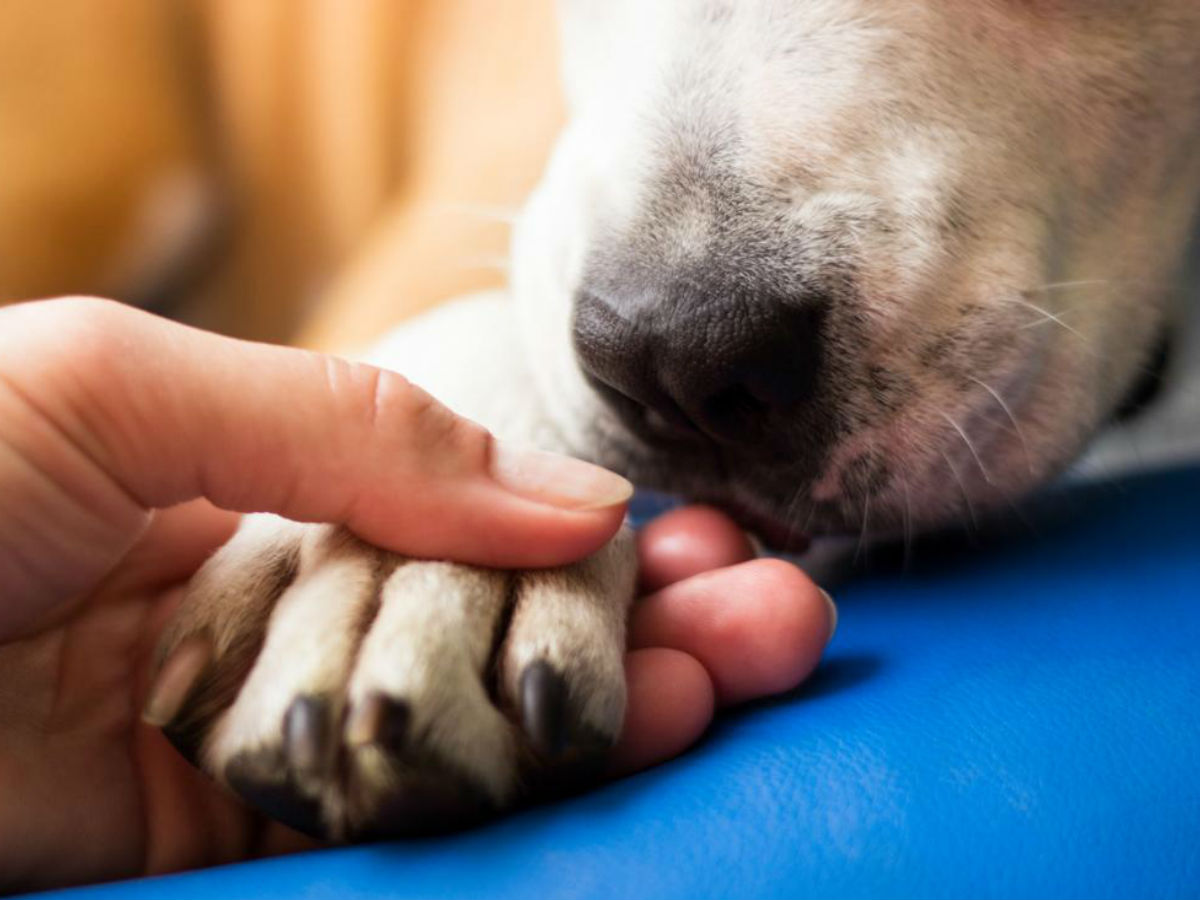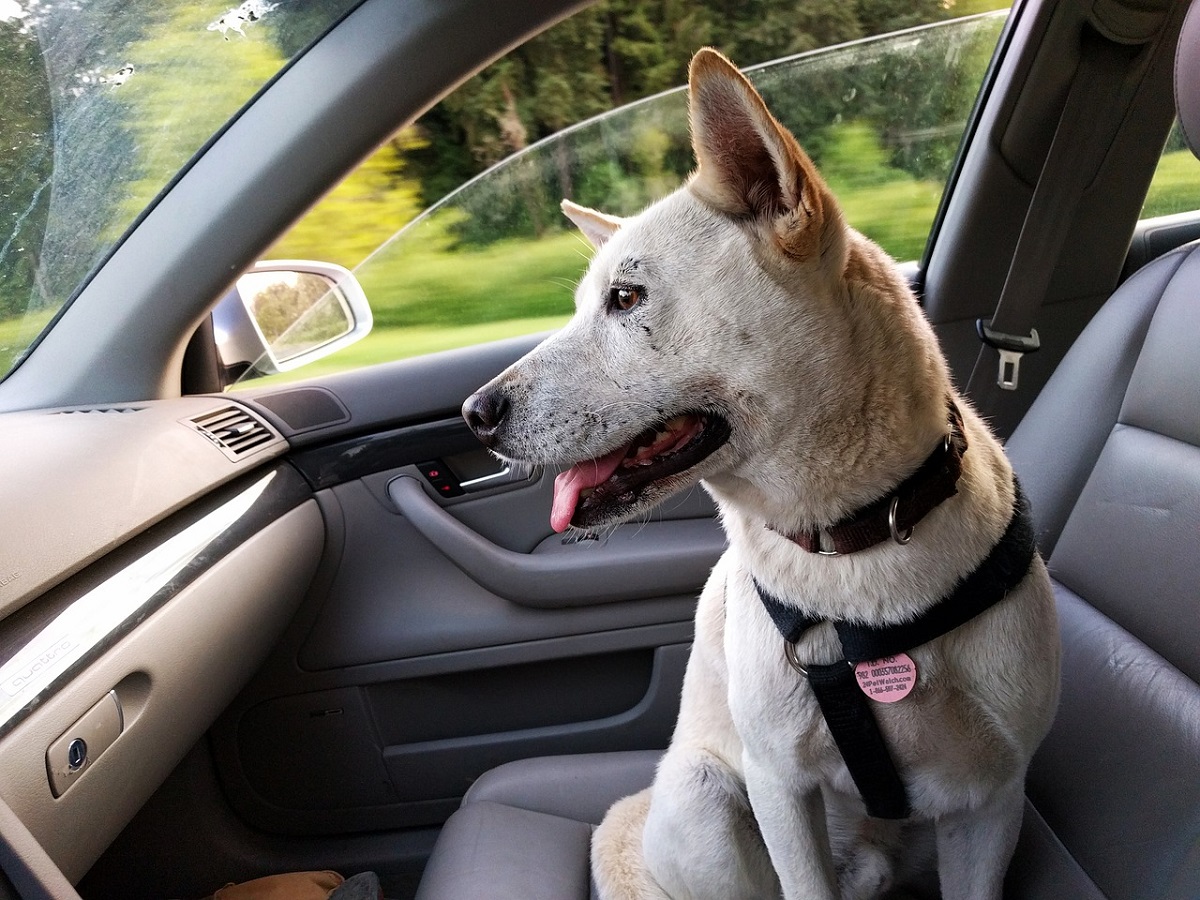

- #DINOCIDE HP TOXICITY IN DOGS HOW TO#
- #DINOCIDE HP TOXICITY IN DOGS FULL#
- #DINOCIDE HP TOXICITY IN DOGS CODE#
If testing is not needed, contact the company listed on the package for further instructions or throw the products away in a way that children, pets and wildlife cannot access them. It’s also helpful if you save the food in its original package, in case it’s needed for testing.
#DINOCIDE HP TOXICITY IN DOGS HOW TO#
For an explanation of the information and level of detail that would be helpful to include in a complaint to the FDA, please see How to Report a Pet Food Complaint. It’s most helpful if you work with your veterinarian to submit a dog’s medical records as part of the report.

Don’t feed the products to your pets or any other animals.ĭog owners can report suspected illness to the FDA electronically through the Safety Reporting Portal or by calling your state’s FDA Consumer Complaint Coordinators.
#DINOCIDE HP TOXICITY IN DOGS CODE#
For tips about locating and saving pet food lot code information, see: Save Your Pet Food Lot Number! This can help prevent other dogs from getting sick. If your veterinarian suspects the food is the source of excess vitamin D, having the lot code helps the FDA identify exactly when the contamination occurred and what other products might also be affected. You may find it helpful to take a picture of the pet food label, including the lot number.
#DINOCIDE HP TOXICITY IN DOGS FULL#
Provide a full diet history to your veterinarian, including what food you (or other household members) give him and also other food or items he might have gotten into. If your dog is showing signs of vitamin D toxicity such as vomiting, loss of appetite, increased thirst and urination, excessive drooling and/or weight loss, contact a veterinarian immediately. A veterinarian may also continue to monitor blood calcium and phosphorus levels until they return to a healthy baseline. In less acute cases of vitamin D toxicity that are caught early, the veterinarian may determine that a change of diet may help resolve the issue within weeks to months, or he or she may choose to prescribe medication. Treatment will depend on a veterinarian’s assessment of each case, but the aim will be to remove the source of vitamin D to prevent additional exposure (e.g., stop the feeding of recalled dog food) and to flush the body of the excess vitamin D. Depending on the results of a veterinarian’s examination, he or she will determine the best course of action. He or she will evaluate your dog’s signs, ask about what food the dog is eating and what the dog might have gotten into, and might take a blood sample to measure levels of calcium, phosphorus, and vitamin D or obtain urine to assess kidney function. Only a veterinarian can diagnose vitamin D toxicity. If you suspect your dog is showing signs of vitamin D toxicity, take him or her to a veterinarian immediately. Cases of vitamin D rodenticide or supplement poisoning are rapid onset – showing signs of illness in a matter of hours or days. Depending on the concentration of the vitamin D in the food, diet-related toxicity tends to develop more gradually over time. Signs of Illnessĭogs with excess vitamin D may vomit, have little appetite, drink and urinate more, drool excessively, and/or lose weight. Cholecalciferol is the chemical name for vitamin D3. Another common way that dogs get vitamin D toxicity is after accidentally eating certain chemicals meant to kill rodents like rats and mice, called cholecalciferol rodenticides. It can also occur if a dog accidentally gets into vitamin D supplements that a person in the household is taking. Excessive vitamin D can lead to kidney failure and even death.ĭog Food Products Recalled for Excessive Vitamin Dĭogs that eat pet food containing too much vitamin D can develop vitamin D toxicity.

Instead, it’s stored in fat tissue and the liver. Vitamin D is a fat-soluble vitamin, so unlike water-soluble vitamins, when a dog – or other animal - gets too much, the excess is not rapidly excreted in his or her urine. However, extremely high levels of vitamin D can cause serious health problems. Vitamin D is an essential nutrient that helps dogs regulate the balance and retention of calcium and phosphorus.


 0 kommentar(er)
0 kommentar(er)
